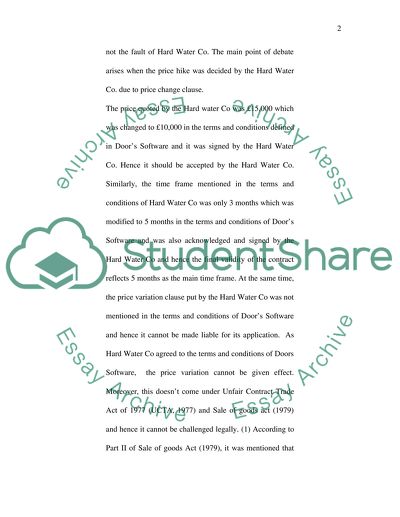Cite this document
(Business Law Advice Assignment Example | Topics and Well Written Essays - 1250 words - 10, n.d.)
Business Law Advice Assignment Example | Topics and Well Written Essays - 1250 words - 10. https://studentshare.org/law/1546072-business-law
Business Law Advice Assignment Example | Topics and Well Written Essays - 1250 words - 10. https://studentshare.org/law/1546072-business-law
(Business Law Advice Assignment Example | Topics and Well Written Essays - 1250 Words - 10)
Business Law Advice Assignment Example | Topics and Well Written Essays - 1250 Words - 10. https://studentshare.org/law/1546072-business-law.
Business Law Advice Assignment Example | Topics and Well Written Essays - 1250 Words - 10. https://studentshare.org/law/1546072-business-law.
“Business Law Advice Assignment Example | Topics and Well Written Essays - 1250 Words - 10”. https://studentshare.org/law/1546072-business-law.


